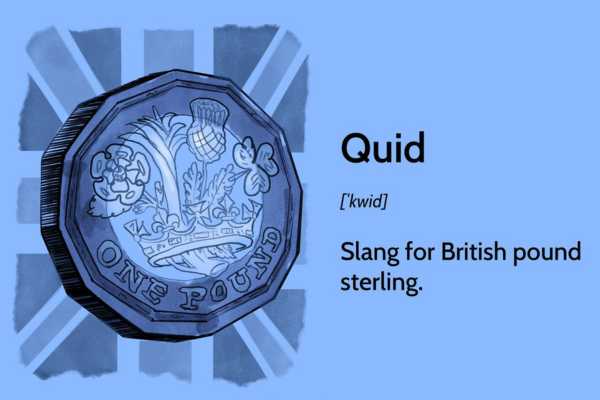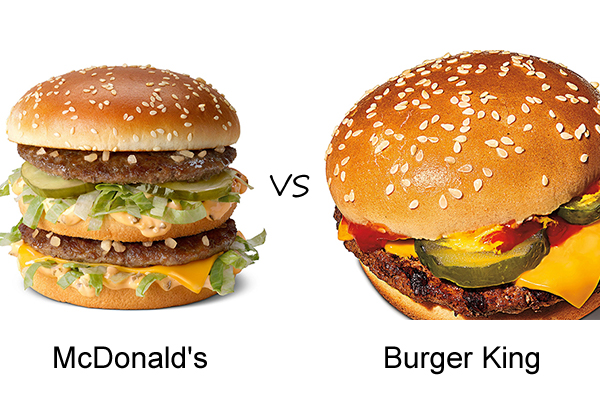If you’re not from the United Kingdom, you might find yourself puzzled by the terms “pound” and “quid.” These words are often used interchangeably to refer to British currency, but they have distinct connotations and uses. Let’s dive into the details and clear up any confusion.

What is a Pound?
The pound, officially known as the pound sterling, is the formal currency of the United Kingdom. Its symbol is £, and it’s abbreviated as GBP (Great British Pound). The pound has a long history, dating back to the 8th century, making it one of the oldest currencies still in use today. It’s the fourth most reserved currency globally and is used not only in the UK but also in other countries like Lebanon and Egypt.
Pounds are issued in both paper bills and metal coins, and they are used in all formal contexts. For instance, you will see the pound mentioned in exchange rates, financial reports, and price tags in stores.
What is a Quid?
“Quid” is an informal British slang term for the pound. It’s akin to how Americans use “buck” to refer to a dollar. Interestingly, the term “quid” has been in use since the late 1600s, though its exact origins are unclear. One theory suggests that it comes from the Latin phrase “quid pro quo,” meaning “something for something.”
Unlike “pound,” which can be used in both singular and plural forms (pounds), “quid” remains the same in both singular and plural contexts. For example, “Can you lend me 20 quid?” or “This costs 50 quid.”
Key Differences Between Pound and Quid
While both terms refer to the same monetary value, their usage and connotations differ significantly:
- Formality: “Pound” is the official term and is used in all formal settings, such as financial documents, exchange rates, and business transactions. “Quid,” on the other hand, is casual and typically used in everyday conversation.
- Context: You’ll use “pound” in any official communication, like in legal documents, price tags, and bank statements. “Quid” is more likely to be heard in informal settings, like chatting with friends or in casual media.
- Origins: The word “pound” derives from the Latin word “libra,” meaning weight, reflecting its historical use as a unit of weight and currency. “Quid” likely comes from “quid pro quo,” reflecting its more colloquial and informal nature.
- Usage Examples:
- Pound: “The dress costs thirty pounds.”
- Quid: “He earned a few quid doing odd jobs.”
Historical Insights of Pound and Quid
The pound has been a part of British history since the 8th century, reflecting the country’s long-standing economic structure. In contrast, “quid” emerged in the 17th century, adding a layer of linguistic richness to British English.
Final Verdict
In summary, while “pound” and “quid” both refer to British currency, their use depends on the context. “Pound” is formal and official, while “quid” is informal and colloquial. Understanding these differences not only helps in navigating financial conversations but also offers a glimpse into the cultural and linguistic nuances of the UK. Next time you’re watching a British film or visiting the UK, you’ll know exactly what people mean when they mention spending a few quid. This knowledge enriches your understanding of British English and makes your communication more nuanced and accurate.





